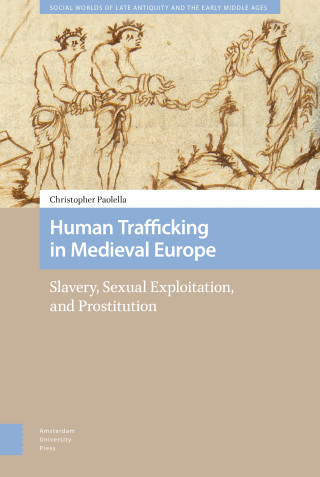The chapters connect by examining human trafficking from multiple angles—legal, social, practical, and empirical—creating a comprehensive narrative that addresses both the challenges and potential solutions in combating human trafficking and supporting the rights and well-being of individuals in the sex industry.
– Lisa R. Muftic, Western New England University
“This book offers a nuanced and comprehensive overview of current debates in antitrafficking discourse. The editors foreground the book with a necessary questioning of the forced/free binary which is integral for examining the continuum of harm and risk that sex workers and victim-survivors face. I recommend this text to all scholars and students interested in forced/free labour sex industry, and gendered inequality. … This is a very valuable and timely book, and the editors have done an excellent job in bringing a range of authors together.”
– Dr Gemma Ahearne, Senior Lecturer in Criminology, University of Liverpool

